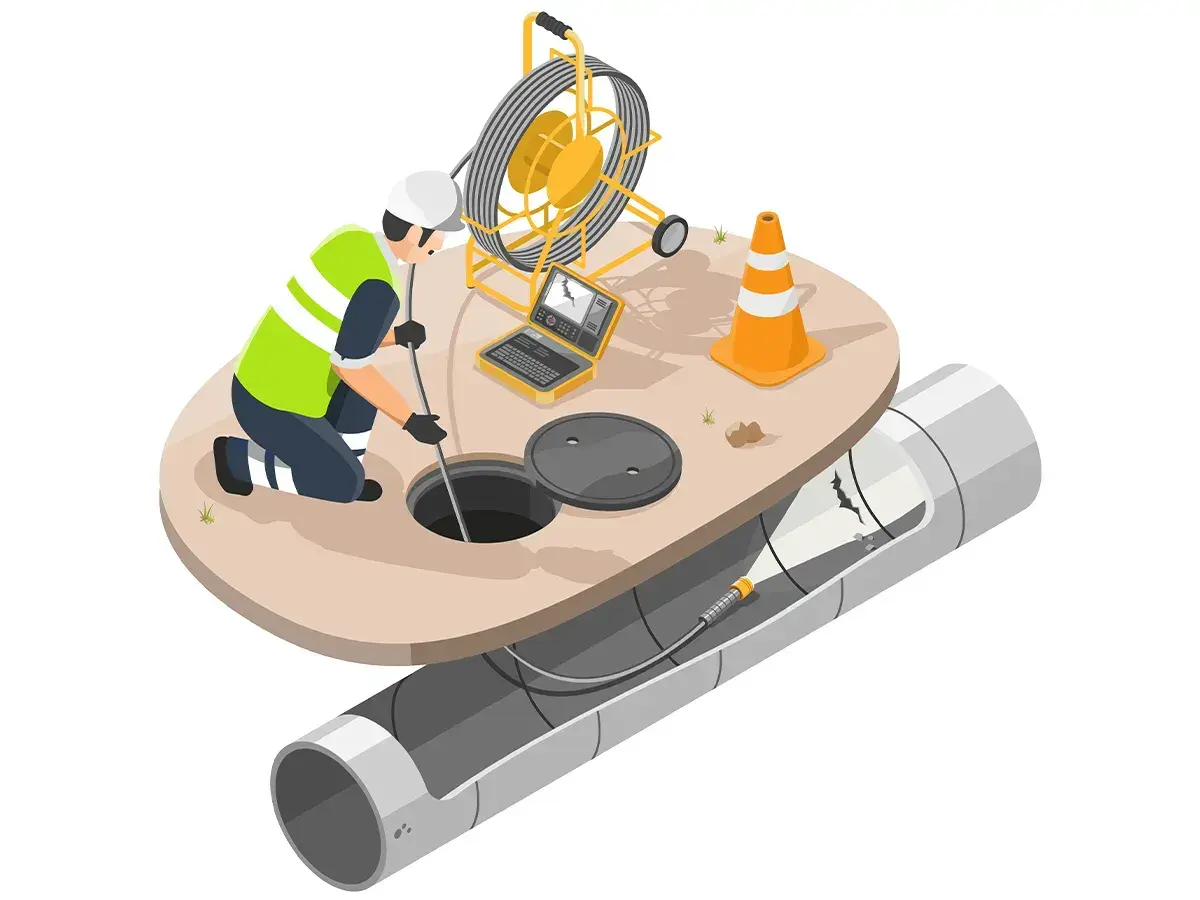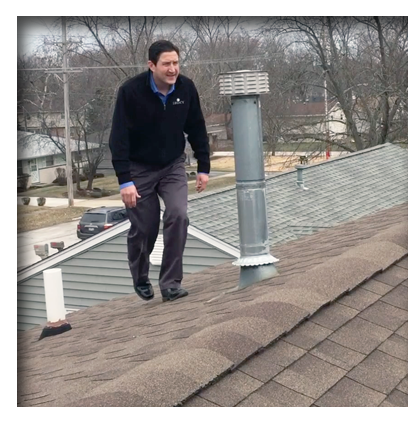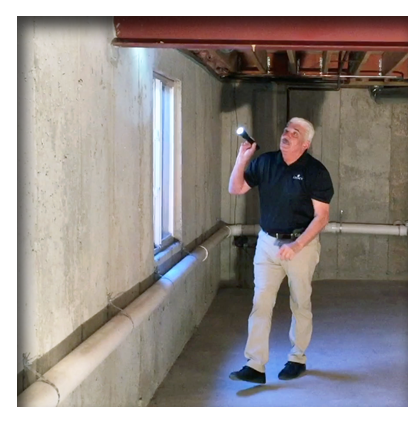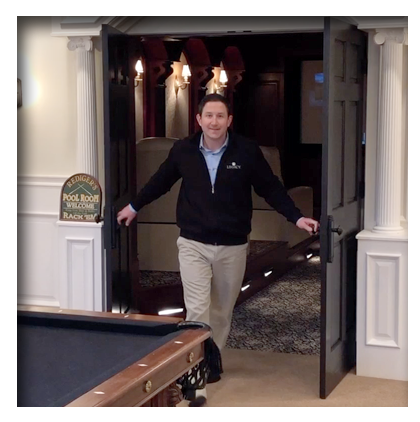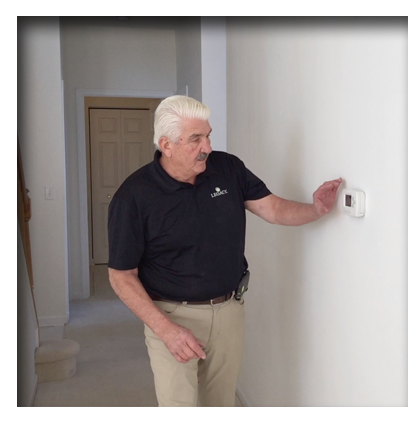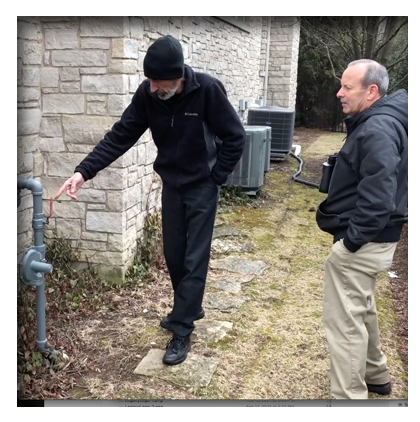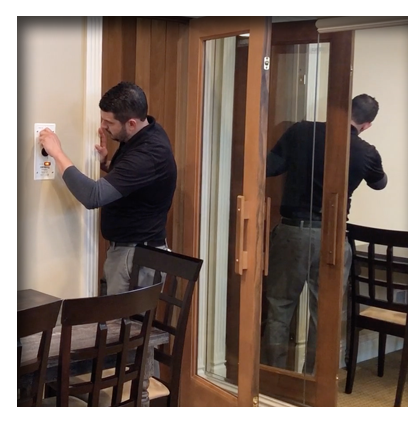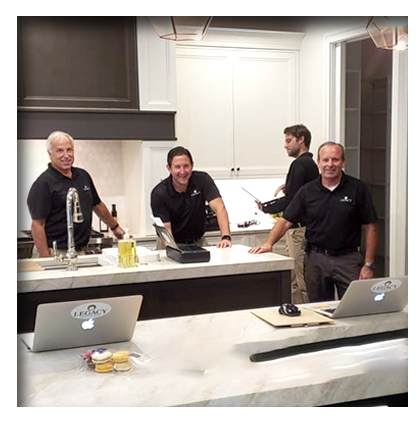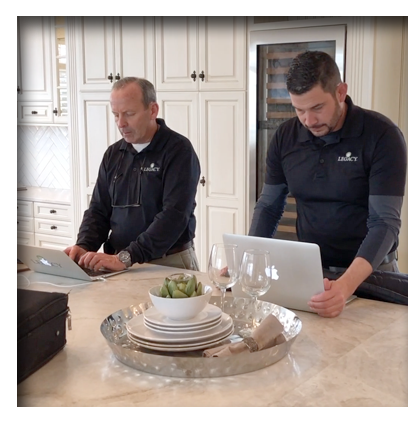Sewer problems do not stay on the radar of your everyday routine until they become serious and need attention. Imagine you wake up in the morning, and your feet land in water from the bed.
Any homeowner would dread such a scenario. It is vital to detect sewer issues early on before they become nasty and smelly (pun intended). Handling sewer problems at their first signs leads to minimal repair expense and lower health risks.
The blog explains how homeowners can identify sewer problems and emphasizes the importance of professional inspections in keeping their home’s sewer and health in good shape.
Why Sewer Issues Matter
Your house’s plumbing system performs crucial operations that stay out of sight. Everything must run perfectly between toilet flushes and sink drains until it doesn’t. Major disruptions and health-related risks develop from sewer issues in your home.
It’s not just disruption in your routines; sewer problems have serious ramifications as follows:
- Chances are high that drinking water will become contaminated when sewage backs up.
- Repetitive sewage leaks will cause damage to your foundation and walls.
- You can acquire bacterial and viral illnesses from raw sewage.
What steps must you take to identify potential sewer problems at their initial stages? The subsequent discussion presents typical indicators of sewer problems alongside information about professional sewer inspections.
Common Signs Of Sewer Issues
Early detection of sewer problems reduces repair expenses, lowers stress, and fewer maintenance hassles. Several warning indicators help identify possible sewer problems.
Slow Drains
You will probably notice your drainage system getting slower than usual, which is the initial indication that your sewer line has a problem. Your plumbing may be obstructed when water drains slowly from the sinks, showers, or bathtub. While slow clogs are common, persistent slow drainage implies a larger problem exists in the sewer line.
Foul Odors
When your sewer line has holes or obstacles, it prevents waste from being removed from your home, creating undesirable smells. The foul sewage odor within your home signals potential problems with blockages or sewage system malfunctions. It’s time to act when the foul smell intensifies near drainpipes or toilet openings.
Gurgling Sounds
Do you notice gurgling noises flowing from your drain pipes down the plumbing system? Trapped air in pipes usually indicates that your sewer line suffers from partial blockages. The gurgling sound signals this improper flow when wastewater fails to move smoothly down the pipes.
Sewage Backups
A clogged sewer produces this symptom in the loudest manner. The overflow of sewage into your tub, shower stations, or floor drains signals a dangerous condition.
Sewage backups develop when your sewer line becomes obstructed or damaged, requiring immediate professional help. Ignoring this situation runs a great risk of contamination and various health hazards.
Lush Patches Of Grass In The Yard
A distinctive stretch of excessively green grass in your yard signals possible sewer problems. Sewage leaks into the soil surrounding the pipes and functions as lawn fertilizer. This might seem harmless, but it indicates cracks or leaks in your sewer pipes and must not be taken lightly.
Foundation Cracks
A leaky or clogged sewer line will shift foundation soil, producing foundation cracks and additional structural problems. Homeowners should inspect their sewage system when they identify floor or wall fractures and rigid windows or doors.
The Importance Of A Sewer Inspection
A sewer inspection remains the most effective method for solving existing or impending sewer issues throughout your home. A sewer system inspection requires monitoring the inside of the sewer line using specific tools, such as cameras.
Consistent sewer system inspections enable you to discover problems when they are still manageable instead of causing emergencies. They last less than one hour while giving homeowners needed peace of mind, so the expense is justified. They also help property buyers and sellers discover potential dilemmas beforehand, which enables them to settle repair terms before completing the deal.
What Happens During A Sewer Inspection
The plumber inserts a waterproof camera into your sewer line through the clean-out access point. Through the camera system, the technician receives a live video stream that shows:
- Tree root intrusions.
- Cracks or breaks in the pipes.
- Waste accumulation, debris, and grease build-up.
- Corroded or aging pipes.
After analyzing the video footage, the technician creates a report outlining all the issues discovered and possible solutions.
How To Prevent Sewer Issues
The costs of prevention are always lower than the costs of responding to disasters once they happen. The following steps will help you maintain your sewer system in peak condition.
- Pouring cooking oil into drains will cause it to solidify inside pipes, thus leading to pipeline blockages. So, avoid doing it.
- Wet wipes, paper towels, and feminine hygiene products should not be flushed through sewer pipes because they create blockages.
- Even if a home has no sewer problems, scheduling at least one detailed sewer inspection per year is recommended.
- Plant your trees away from the pipes; tree roots almost always intrude on and damage sewer pipes. If you already have trees closer to the sewer, ensure their roots don’t penetrate the pipes.
Conclusion
Problems with the sewer system inflict heavy costs and result in a mess, affecting your health, peace of mind, and property value. Regular monitoring and seeing signs like slow draining, foul odors, and sewage backups will help you spot potential problems before they become cash-guzzling repairs.
Scheduled sewer examinations are an effective tool for maintaining the function of your sewer pipeline and protecting you from unexpected problems in the future.
Contact Legacy Inspection Group right away when you suspect your house could have sewer issues before the situation escalates.
We will give you a detailed sewer inspection. We help clients recognize problems in advance to ensure the functionality and safety of their homes. Contact us to set up your sewer inspection to protect your property.
Contact us for a quote and to discuss your Home Inspection needs today at 847-217-5958. We service the Chicago area for home inspections, mold testing and radon testing.


